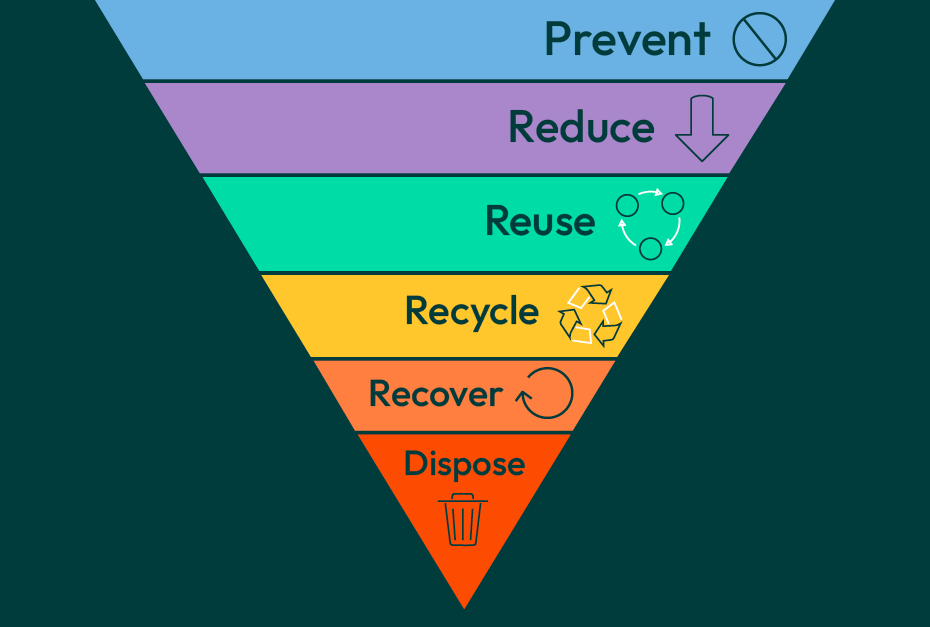Waste and Recycling
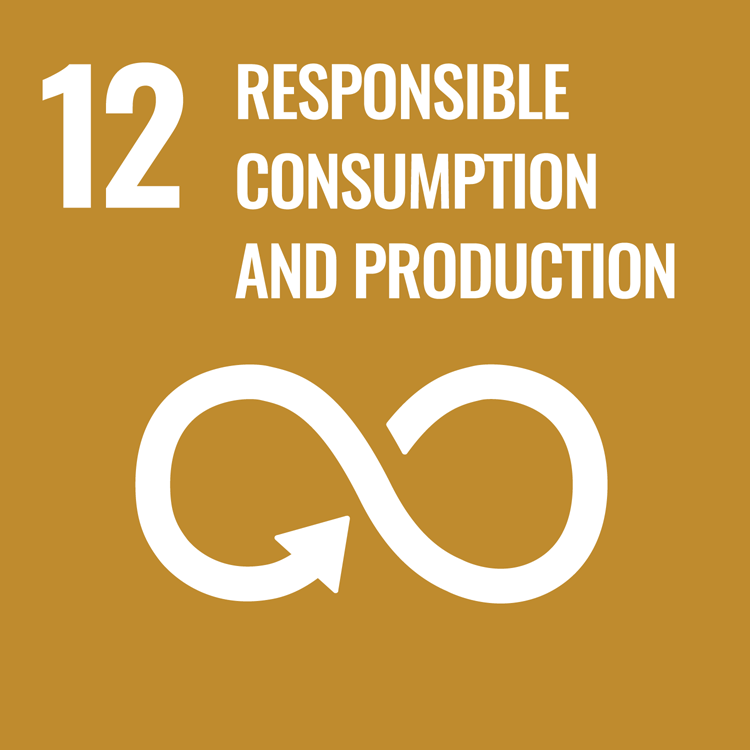
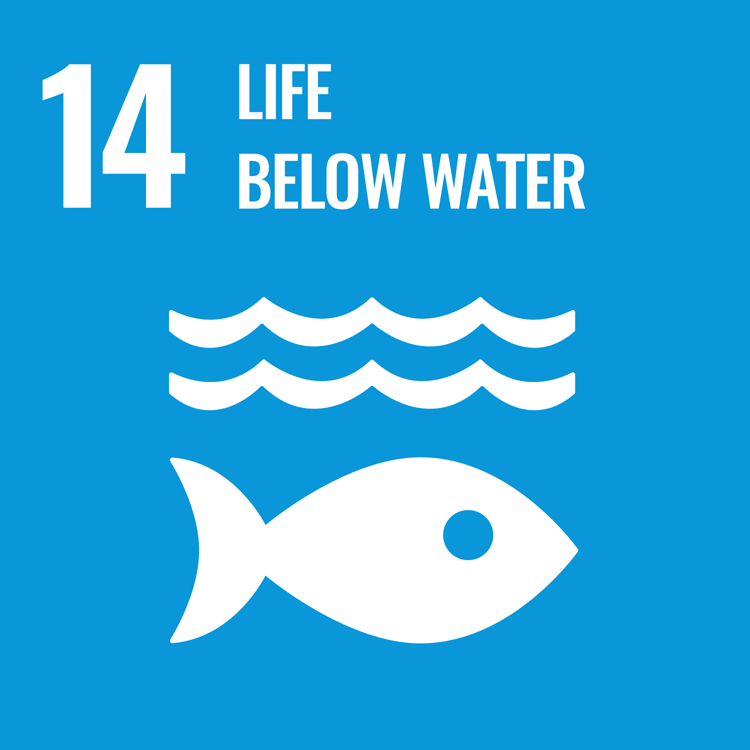
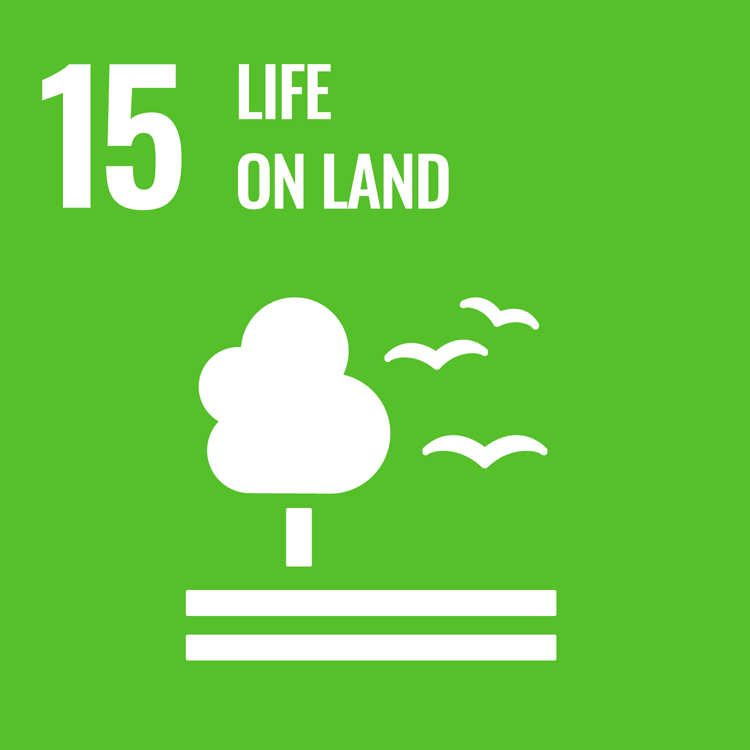
Recycling on campus just got easier!
There are new Dry Mixed Recycling (DMR) bins on campus!
Your DRY and CLEAN recycling now goes into one bin. It gets sorted at the material recycling centre. Everything else goes into the general waste bin.
What can go into the DMR bins?
-
Paper (office paper, newspapers, magazines, envelopes)
-
Flattened cardboard (smaller boxes and packaging)
-
Cans (drink and food cans)
-
Light plastic bottles (water, soft drinks or milk)
-
Plastic packaging, carrier bags and clear film
Make sure items are clean and free from food or drink!
What can't go into the DMR bins?
-
Glass or ceramic items
-
Food packaging (sandwich wrappers, compostable packaging or coffee cups)
-
Polystyrene
-
Paint tins or chemical-filled aerosols
-
Tissues, paper towels, or food-soiled paper
-
Wood or Tetra Paks
Common Questions (What to Do)
-
Yoghurt pots, unwashed with food residue? General waste
-
Pizza box? General waste
-
Crisp packets or sweet wrappers? General waste
-
Glass bottles and jars? Take to external glass recycling bin
-
Large cardboard? Take to external cardboard recycling bin or arrange collection
-
Food waste? External food waste bins, and watch out for a new food waste system coming soon!
Why it matters
This change helps us comply with new simpler recycling legislation and ensures more materials can be recycled. By keeping the right things in the right bin, we increase the number of items that get a second life. Just one wrong item can contaminate a whole load, meaning it can't be recycled. This is a simple step that also supports our Circular Economy Strategy and reduces our waste costs.
More waste and recycling information
Waste and recycling is an area where everyone can make a difference. Our new interactive maps for Streatham and St Luke’s show where all the recycling bins are on campus. If new to recycling, the images on the bins makes it clear what goes inside them. We would encourage you to think about whether an item can be reused instead of recycled or disposed of – reuse is the more sustainable option.
If you are a staff member, please see our A-Z of what you can recycle. If you are a student, please download our Reduce, Reuse, Recycle: A Student Guide here.
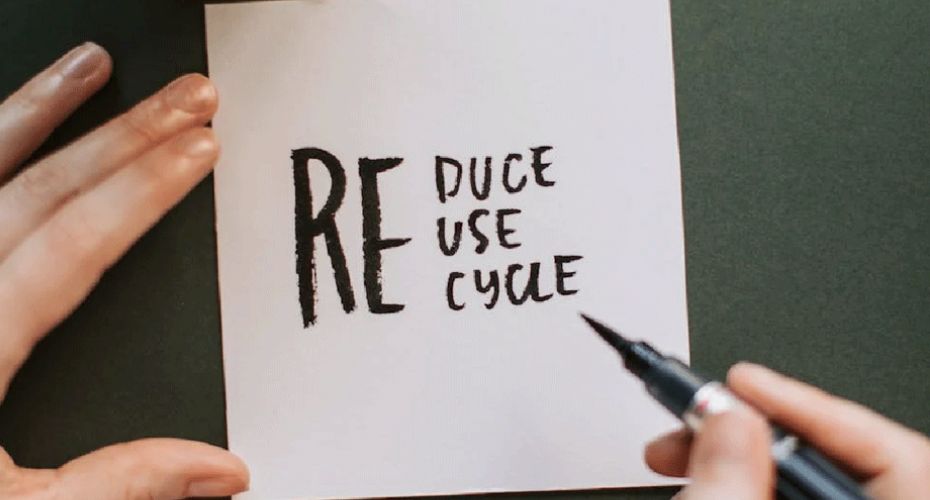
In 2023-24, approximately 95% of our waste was reused (Warp It), recycled, composted, combusted or sent for anaerobic digestion. If you are interested in how we measure and track our waste, see our Waste Summary Report 2023 - 24 (see previous year's here Waste Summary Report 2022-23) for information on waste generated, treatment/disposal type and waste stream. Waste accounts for less than 1% of the University’s total carbon emissions but has a significant impact on the environment so we still need to think about how we manage it.
Avoiding waste is the ideal solution, because then there is no need to consider options for recycling or disposing of material. The waste hierarchy is a long established guide which illustrates the order in which waste management measures should be prioritised based on environmental impact. Everyone has a duty of care to dispose of waste safely.
What are we doing?
We continue to seek new and innovative ways to dispose of waste and initiatives to help everyone reduce, reuse and recycle. We would encourage everyone who uses our campuses to think about waste and how they can reduce it. Please see ourCircular Economy and Sustainable Resource Management Strategy 2024-2030 which outlines our aims.
- Working group established to investigate the feasibility of creating an off-campus resource hub for improving resource management and enabling reuse and recycling of University waste using the most sustainable methods and promoting circular economy
- Continued focus on further reduction of single use plastics - strategy coming soon!
- Enhancing reuse through expansion of the Moving On project - see latest news for amount raised last year beating all records!
- Introduced Gift it Reuse it (GiRi), a flagship initiative that allows students leaving halls of residence (and in fact any student who has unwanted items) to donate unwanted household items to new arrivals
- Developing regular reuse pop-up events e.g. Repair Cafes
- Investigating opportunities for student reuse - see A-Z student guide to recycling.
Visit Warp It Reuse Network. to find out about options for reuse. Our reuse section will be coming shortly with more details about the circular economy.
Campus map - find out where you can recycle different items here.
Waste A-Z - from aerosols to wood - common waste types and details on how to recycle or dispose of them.
What we are doing
- Waste composting - we are working with academics, professionals, industry and manufacturers to investigate the opportunity of introducing in-vessel composting to the South West in order to correctly process compostable packaging.
- A waste tender process is underway which is identifying opportunities for improved segregation and treatment of our waste from suppliers of five of our existing waste streams:
- Chemical & lab waste
- Clinical waste
- WEEE – IT
- WEEE – electrical
- Paper – confidential & ‘regular’
- Tetrapak recycling scheme introduced
- We are continuing to focus on further reduction of single-use plastics
- Visit our reuse section to find out more about options for reuse, including the Warp It reuse network
Please see our new Circular Economy & Sustainable Resource Management Strategy 2024-2030
The Sustainable Bought Goods & Services Policy and The Responsible Procurement Checklist enable environmental and sustainable considerations in the purchase of all bought goods and services, including consideration on whether existing assets can be reused or shared.
Ideally, the university would prefer for our Warp It reuse platform to be utilised for the transfer of goods, either internally, or externally to our network of charitable partners. For staff wishing to transfer assets (with the support and authorisation of a Director) to external organisations who may not be able or willing to sign up to Warp It (free to charities, charitable organisations, schools, hospitals etc) the Equipment Transfer Agreement must be completed in full and a copy of the completed form submitted to the sustainability team.
If items are to be sold at a cost to the recipient please refer to theSale and Donation of Redundant / Surplus Assets for guidance.
Managing Waste
Our Waste Management Standard sets out the responsibilities for the requirements of the management of waste: University of Exeter Waste Management Standard 2025
Waste is hazardous when it contains substances or properties that might make it harmful to human health or the environment. As an organisation that produces hazardous waste, we must comply with the legal obligations that control how we classify, store, transport, treat and dispose of it. Find out more in the Hazardous Waste Compliance Briefing Note
